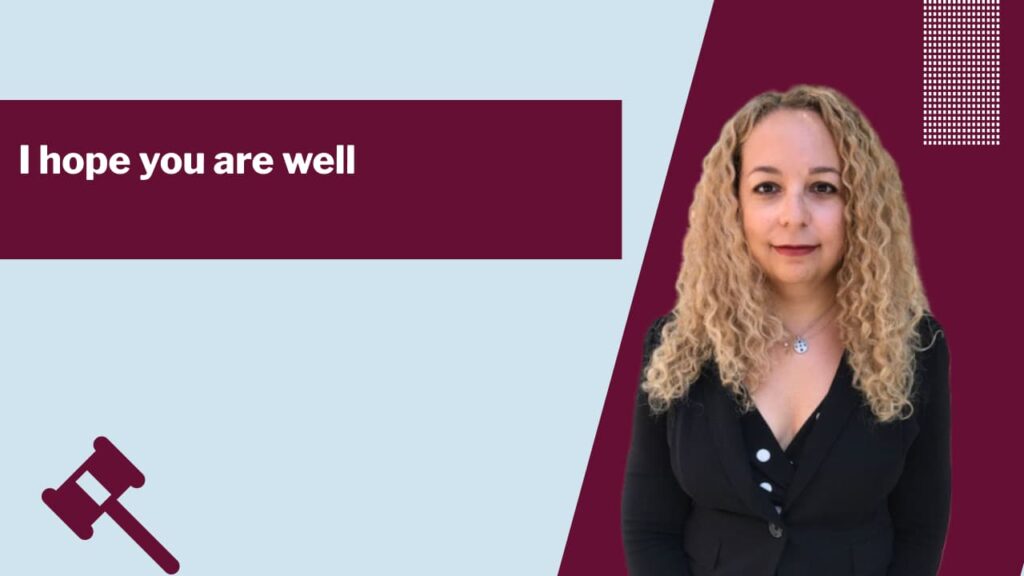
Guilty as charged! I use “I hope you are well” over and over and over again. But, gone are the days when generic and uninspiring phrases like “I hope you are well” could suffice.
This phrase has become a cliché in professional emails.
Here’s why it’s considered dull and unimpressive:
1. Lack of Personalization: It’s a generic phrase that doesn’t demonstrate any knowledge or understanding of the recipient’s specific situation or needs.
2. Wasted Opportunity: The opening line is your chance to engage the recipient’s interest, and “I hope you are well” squanders that opportunity by not providing any value or information.
3. Overused: Many professionals use this phrase, so it doesn’t set you apart or make your email memorable in any way.
Why Are Intriguing Introductory Lines Important?
1. Capturing Attention: Your introductory line is your first chance to capture the recipient’s attention. In a world where inboxes are flooded with emails, a unique and engaging opener can ensure your message doesn’t get lost in the shuffle.
2. Setting the Tone: The opening line sets the tone for the entire email. It conveys your professionalism, confidence, and, most importantly, your language proficiency. A well-crafted introductory line can instill trust and confidence in your abilities.
Options for Intriguing Introductory Lines:
1. The Personal Touch: Begin with a brief personal touch that is relevant to the recipient. For instance, “Congratulations on your recent success in the Smith case.” This not only shows you’ve done your homework but also creating a positive tone.
2. The Thought-Provoker: Engage your recipient’s curiosity with a thought-provoking question or statement. For example, “Have you ever wondered how AI will impact the future of intellectual property law?” This approach entices the reader to delve deeper into your email.
3. The Mutual Connection: If you share a mutual connection, consider leveraging it. “John Smith recommended that I reach out to you regarding the upcoming merger between our firms.” This establishes credibility and trust right from the start.
4. The Praiseful Approach: Compliments can go a long way. Acknowledge the recipient’s expertise or achievements. “I’ve been following your work in international trade law, and I’m truly impressed by your recent publication.” Flattering words can create a positive impression.
5. The Empathetic Opener: Show empathy and understanding by addressing a common challenge. “Navigating the complexities of cross-border contracts can be daunting, but together, we can find the best solution.” This approach indicates that you’re ready to collaborate and empathize with the recipient.
6. The Time-Sensitive Introduction: If your email is time-sensitive, let the recipient know right away. “I hope to discuss the contract amendments before our meeting on Friday.” This ensures clarity and urgency.
In conclusion, crafting intriguing introductory lines in your emails is a valuable skill for non-native English-speaking lawyers. By using personalized and engaging openers, you can set a positive tone for your correspondence and make a lasting impression. Steer clear of clichés like “I hope you are well” and embrace creative, meaningful ways to initiate your conversations, ensuring your professional emails stand out in a crowded inbox.
Now it is time that I practice what I preach!